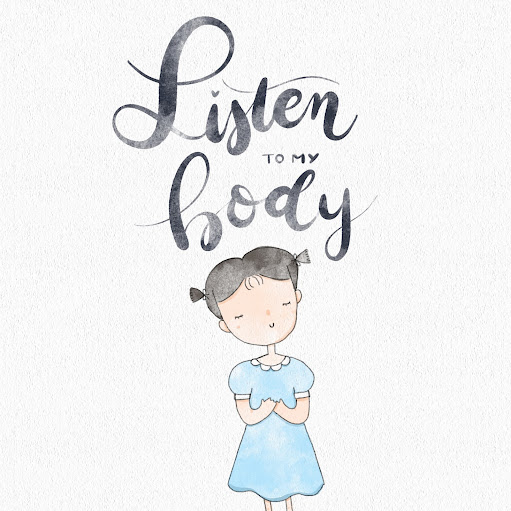Self-care is often seen as a luxury, but did you know it can lead to a longer, happier life? Without self-care, you’re likely to end up feeling stressed, tired, and generally unhappy.
Here, we’ll look at how a lack of self-care can lead to an unhappy life. You will also learn some of the signs to watch out for that you need more self-care in your life.
You’ll feel stressed and exhausted
When you aren’t taking care of yourself, you’ll often feel stressed and exhausted. This in turn can lead to burnout and a feeling of resentment. For example, it could be that you are exhausted from taking care of everyone else’s needs. Over time, if you don’t factor in self-care, you could end up resenting your loved ones.
When you are constantly exhausted and stressed out, it’s impossible to maintain a positive outlook. Self-care helps to combat stress and it also boosts your energy levels.
Personal hygiene suffers
A side effect of not following a self-care routine, is that your personal hygiene could suffer. This is especially true for those experiencing depression. When you are depressed or low, self-care is the last thing on your mind. In severe cases, you could spend days in bed, failing to do even basic self-care tasks such as taking a shower or brushing your teeth.
The trouble is, failing to take care of yourself leads you to feel even worse. So, maintaining self-care is crucial for your mental health and personal hygiene.
You’ll seek unhealthy enjoyment
Another thing that tends to happen when you lack self-care, is you’ll seek unhealthy enjoyment. It could be overindulging in junk food because it makes you feel better. Or you could turn to alcohol or drugs to escape.
When you start turning to unhealthy habits for comfort, it’s going to lead to additional issues. You’ll also feel unhappier, particularly if you drink in excess. Alcohol is a depressant which can leave you feeling a lot worse than you started.
Weight gain
Many people who don’t take care of themselves, experience some level of weight gain. The more weight you gain, the unhappier you are going to be. It can be difficult to lose weight, so focus on self-care to help you to avoid this potential challenge.
You never feel good enough
Self-care is something you do because you are worth it. Therefore, if you fail to take care of yourself, you can end up feeling like you are never good enough. As you are constantly tired and juggling life’s responsibilities, you may feel like you are a failure, or you simply don’t measure up to others.
These are just some of the things that can happen when you don’t follow a self-care routine. The effects can be severe, causing you to lead an unhappy and unfulfilled life. So, if you’re looking to lead a happier life, now is the time to start focusing on your needs and making self-care a priority.









